By Vicki Prichard
NKyTribune reporter
Kentucky Educational Television (KET) will air an original documentary created by a Northern Kentucky professor and her students.
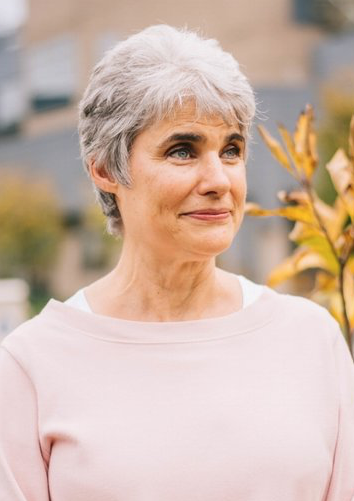
Mourning the Creation of Racial Categories is a student-narrated documentary that brings attention to the laws and financial incentives enacted in 17th century Virginia that sowed the seeds of racial categorization, allowing it to thrive through the Jim Crow era, becoming so important that the most intimate human bonds were severed to create them.
Dr. Joan Ferrante, professor of sociology at NKU, says that showing the student-documentary on KET will expand the reach of the documentary’s narrative to television audiences around the state and beyond, including classrooms, through which KET is an educational resource to teachers.
“Being aired on KET increases the chances to explore the unresolved traumas upon which categories were formed,” says Ferrante. “If this new narrative can find its way into hearts and minds, then it has the power to transform the way we think and feel about race; transform the way we carry ourselves and act when around different race-labeled peoples; and transform our identities as Americans, specifically that there is something that all Americans share – the experience of being racialized or systematically divided into unequally valued categories we have come to think of as races.”

KET will air the student-narrated documentary on Sunday, February 24 at 10 a.m., with additional airdates throughout February and March.
Since screening The Categories Black and White, part one of a planned four-part documentary series titled, Mourning the Creation of Racial Categories, Ferrante and her students have shared the film to regional audiences, such as the National Underground Railroad Freedom Center; WVXU, Cincinnati edition; WCPO Newsmakers, and the Scripps Howard Center for Civic Engagement.
“Perhaps most gratifying has been the warm response by people of all political persuasions and all racial classification,” says Ferrante.
Ferrante says the documentary adds something new to the conversation about race by telling a neglected and unacknowledged story of how racial categories were formed. The current narrative in place is that we are a nation of races and that differences are rooted in biology or genetics.

“The new narrative is that race — the racial categories – we so routinely check, were created and institutionalized without regard for biological, family, ancestral, romantic, and other ties. In other words, dividing people into racial categories required the most intimate of bonds be severed,” says Ferrante. “The documentary explores the range of emotions by which racial categories were forged – from the most heart-wrenching, (characters Archy and Thomas), to the most callus (Jim Crow Laws and enforced separation) and every emotion in between.”
The NKU students who participated in the documentary, like Ferrante, hope that reaching a wider audience will create change.
Reid Wassmer, who composed the documentary’s music, hopes the documentary will play a role in transforming how we think and feel about race.
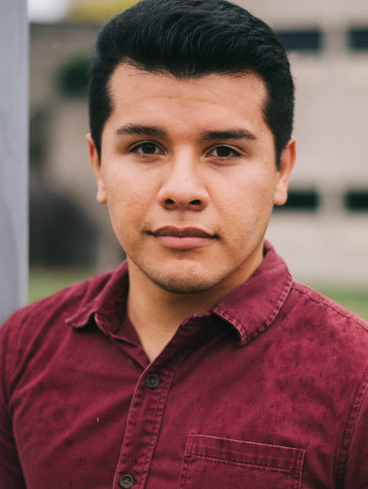
“The purpose of the documentary is to try and present a new perspective on the race concept in America, and being able to present that to more and more people is the next step to getting this idea into people’s consciousness,” says Wassmer.
“I hope that those who see the documentary feel empowered with their new understanding. I hope people in this country start to see race for what it is.”
Kirsten Hurst, a poet and student narrator of the project, says “relief” was the first word that comes to mind when she learned that the documentary will be reaching a larger audience.
“I say that because no matter where I go, race is always one of the most tense subjects,” says Hurst. “Whenever I tell people that I’ve been working on a project that deals with race and racial categories, I can see the fear. I can see that they’re expecting what they’ve always heard – that ‘I don’t see color,’ or that ‘we shouldn’t make such a big deal out of it.’”
She believes many people are afraid to admit that they have opinions on race, or have questions about it.
“They’re afraid of being wrong,” says Hurst.
Hurst says Ferrante is removing that fear by way of the documentary’s narrative.
“She’s grouped us all together and said, ‘Hey, let’s actually talk about this – let’s air out the hurt and the confusion that we’ve been feeling for generations and that we’re all tangled up in,’” says Hurst.

Initially, Hurst says she was hesitant to speak proudly about her own Italian and Native American heritage because she didn’t want to be perceived as someone who was “one of those white people” who has to find something ethnic in her history to feel special.
NKU student and creative writer, India Hackle, points to Hurst’s poem, That Time I Talked to Race, which is featured in the documentary as an example of how our relationship with race weighs heavy into assumptions of identity and into assumptions about self and others.
“For me, the documentary reaching a wider audience when it airs on Kentucky’s public television network, means that more people will be better equipped to understand race as a concept they’ve been in relationship with their whole life, but never had the language to work through,” says Hackle.
Emanuel Picazo, a student choreographer and narrator for the documentary, says everyone who participated in the project continues to be impacted by the awareness that comes from understanding the complexity of racial categories and the impact they have on the nation.
“The ‘ah-ha’ moment happened to all of us several times during this project and made us reflect continuously on our own relationship as well as become mournful to the stories lost from the binary conversation that our country currently has about race,” says Picazo.








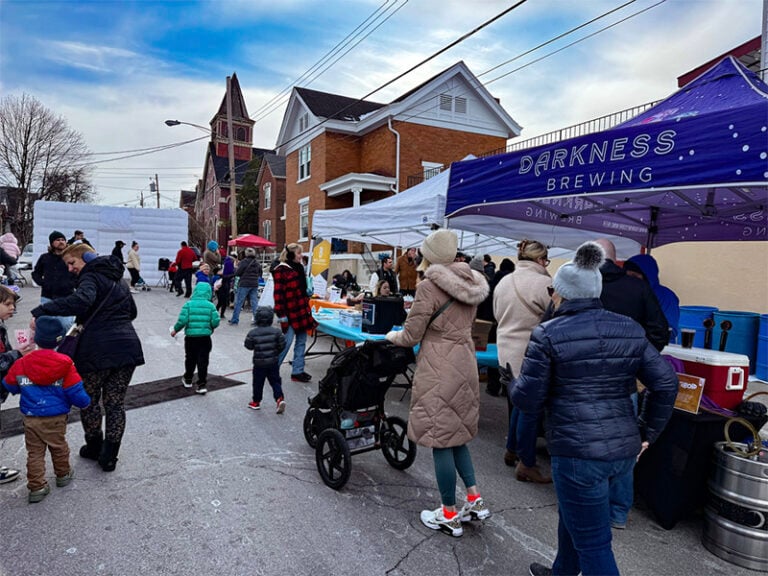


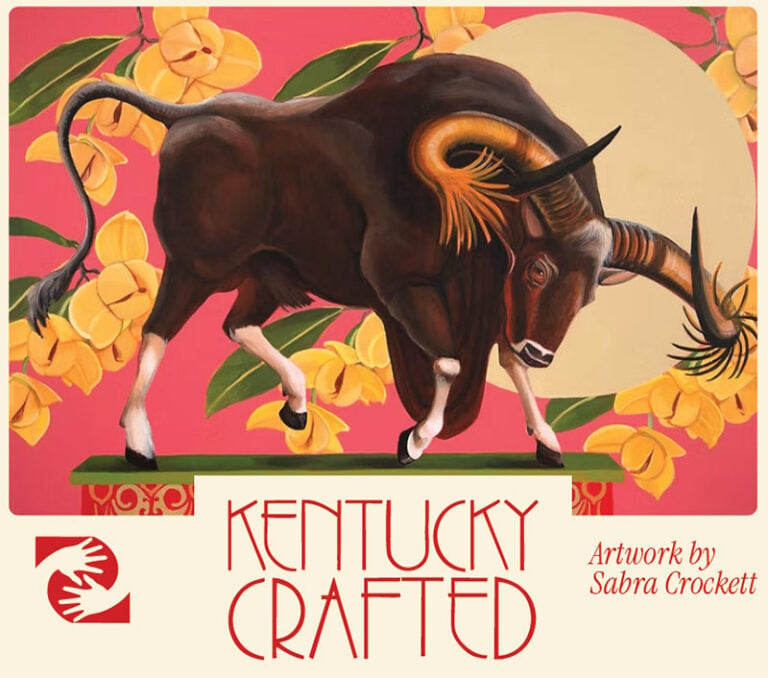




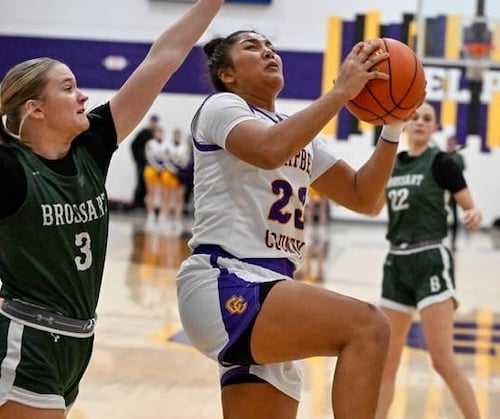
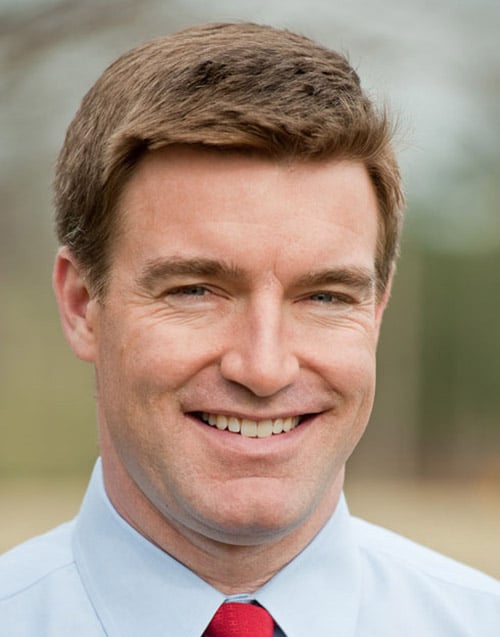
I heard Dr. Ferrante give a lecture on this project and found it fascinating! She raises many questions about the common classifications we use in identifying human beings.